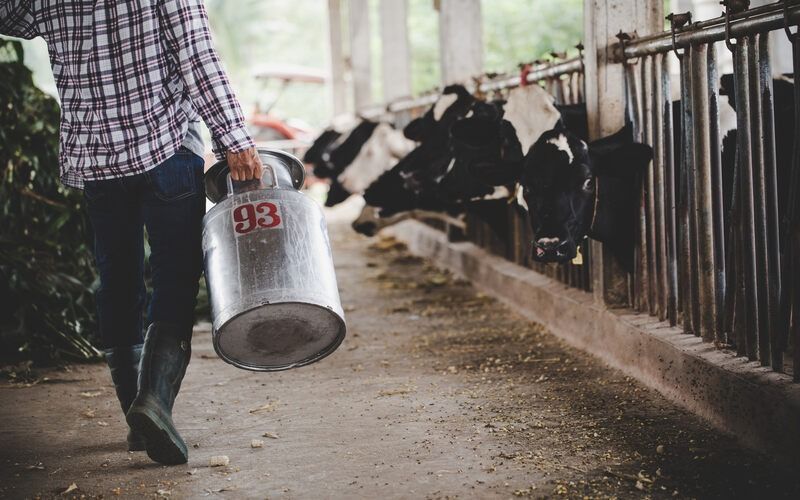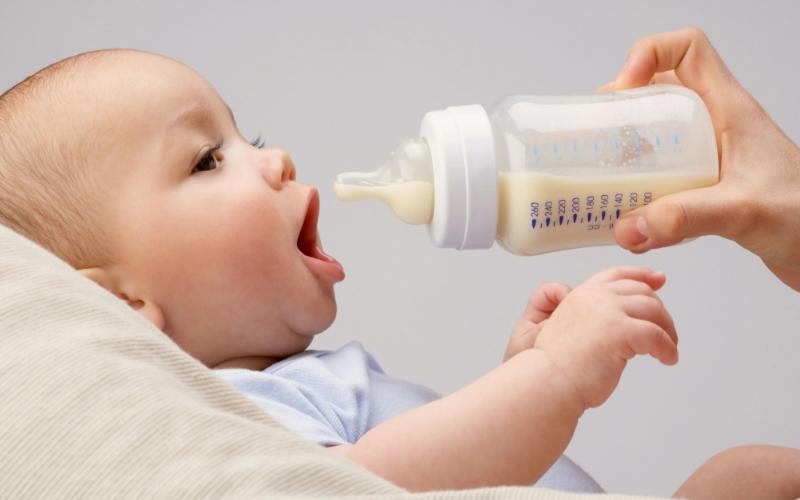The European Union's Farming Dilemma: Sustainability, Regulation, and Survival

Mass protests have erupted across European capitals, drawing global attention to the plight of farmers. Tractors lined up for miles in Paris, manure sprayed on government buildings in Belgium, and bold slogans like "No farmer, no food, no future" in London have highlighted the tensions between agricultural policies and the financial viability of farming.
In Spring 2024, a series of protests underscored grievances such as reduced diesel subsidies in Germany, declining farm incomes in France, and the potential impact of the European Union's Green Deal legislation.
The European Union (EU), a diverse market of 27 member nations, is characterized by a complex legislative framework that often moves at a glacial pace. New leadership has shifted the focus towards competitive economic policies, resulting in some environmental regulations being temporarily set aside under what is being dubbed the "competitive compass."
This gearing towards market competitiveness aims to align with broader global trends, sketching out a path that reconciles the need for sustainable practices with economic viability.
Current debates in the EU focus on issues such as the EU Deforestation Regulation, New Genomic Techniques, and the Common Agricultural Policy (CAP). Member countries are navigating these changes amidst protests and differing national interests, seen in the reactions to the Mercosur trade deal, which has stirred apprehension among some EU farmers fearing reduced prices.
Farmers like Judith de Vor in the Netherlands are proactively engaging in dialogues about sustainability and preparing for future regulations. As a global communicator and dairy farmer, de Vor supports efforts to anticipate market demands and adapt to policies shaping the agricultural landscape of the future.
While the EU grapples with aligning decarbonization with competitiveness, farmers continue to voice their concerns, with many acknowledging the need to balance innovation with tradition. As policies evolve, Europe’s agricultural sector is poised at a crossroads that demands both resilience and adaptability from its farmers.









